The suspension is in effect “until further guidance” and no specific end date has been announced.
The measure, which would allow the State Department to implement expanded social media screening procedures for all student and exchange visa applicants, applies to F, M, and J visas and is part of a broader effort by the administration to enhance national security by screening applicants’ online activities, particularly for extremist or anti-Semitic content.

How long will the US suspend issuing student visas? (Illustration photo)
Visa appointments booked prior to this directive will continue, however no new appointments will be opened until the new vetting processes are completed.
The indefinite nature of this suspension is causing concern for universities and international students, as it could lead to serious delays in the visa application process, affecting admission plans for upcoming semesters.
Under President Donald Trump's second term, the administration has rolled out a number of immigration policies and higher education reforms, particularly targeting international students and universities like Harvard.
The administration slashed more than $3.2 billion in research grants and federal contracts with Harvard University, and ordered the termination of about $100 million in remaining contracts. The reasons cited include Harvard’s failure to effectively address anti-Semitism on campus, its continued race-based admissions policy despite a 2023 Supreme Court ruling, and its lack of diversity. The administration also threatened to revoke Harvard’s tax-exempt status and raise taxes on its endowment.
Additionally, the administration revoked Harvard's ability to enroll international students, citing the school's failure to provide a list of foreign students and its failure to ensure the safety of Jewish students. Harvard sued the federal government , arguing that the move violated its First Amendment rights to academic freedom and free speech. A federal judge issued a temporary restraining order preventing the revocation of the school's international enrollment authorization.
More broadly, the administration has taken a number of actions against illegal, undocumented international students that could result in visa revocation or deportation. The moves are part of a broader effort to reduce the number of immigrants in the United States. However, federal courts have blocked many of these efforts.
The Trump administration has made expanding apprenticeship and technical education programs a top priority, which could lead to a reallocation of federal funding from traditional higher education institutions to workforce development initiatives.
These policies have caused deep concern among the academic community and international students, threatening America’s status as a top destination for higher education and potentially negatively affecting the multi-billion dollar education economy. Many universities are reviewing their policies to avoid falling into the same situation as Harvard.
Source: https://vtcnews.vn/my-tam-dung-cap-visa-du-hoc-trong-bao-lau-ar945733.html


![[Photo] Prime Minister Pham Minh Chinh meets with Speaker of the Hungarian National Assembly Kover Laszlo](https://vphoto.vietnam.vn/thumb/1200x675/vietnam/resource/IMAGE/2025/10/20/1760970413415_dsc-8111-jpg.webp)


![[Photo] Prime Minister Pham Minh Chinh received Mr. Yamamoto Ichita, Governor of Gunma Province (Japan)](https://vphoto.vietnam.vn/thumb/1200x675/vietnam/resource/IMAGE/2025/10/21/1761032833411_dsc-8867-jpg.webp)
![[Photo] Da Nang residents "hunt for photos" of big waves at the mouth of the Han River](https://vphoto.vietnam.vn/thumb/1200x675/vietnam/resource/IMAGE/2025/10/21/1761043632309_ndo_br_11-jpg.webp)

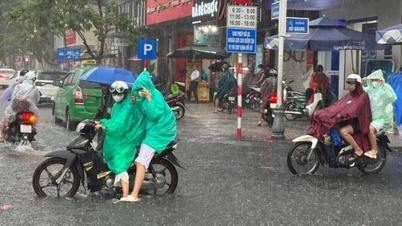

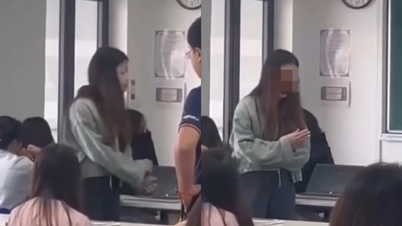
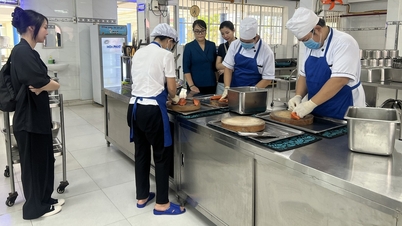

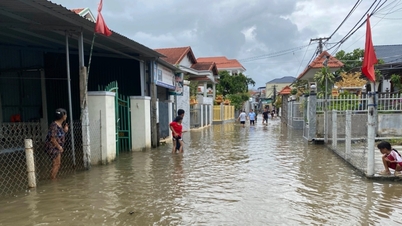

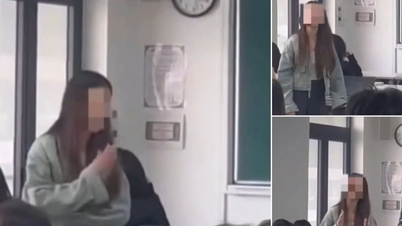
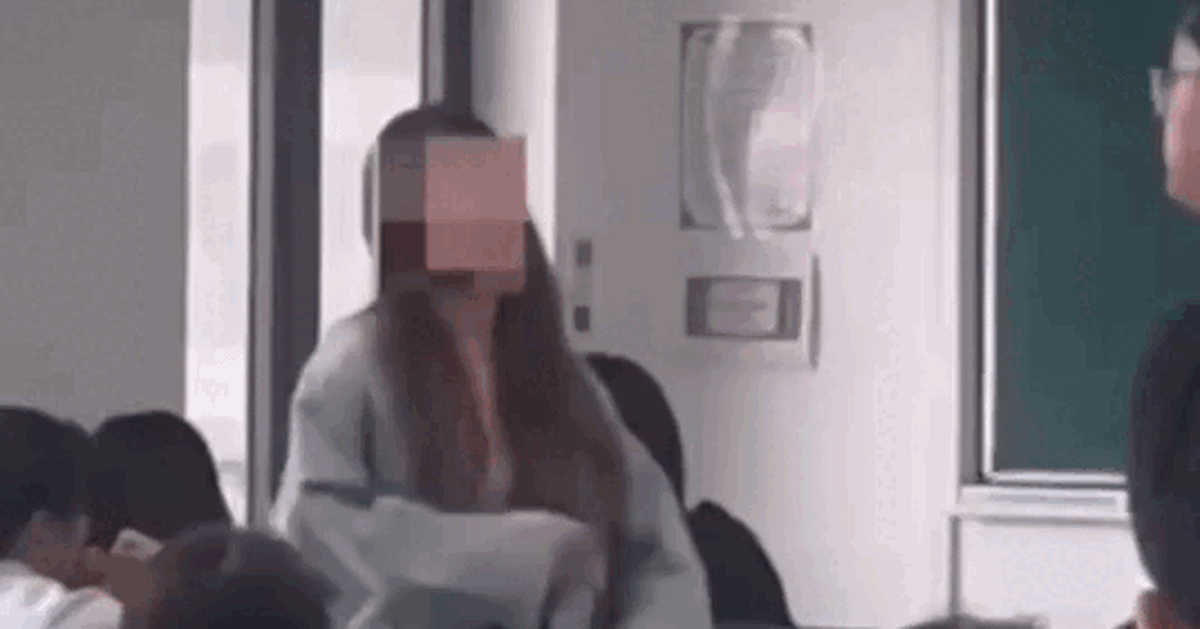






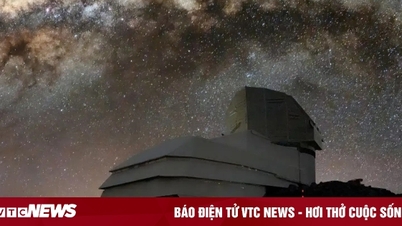


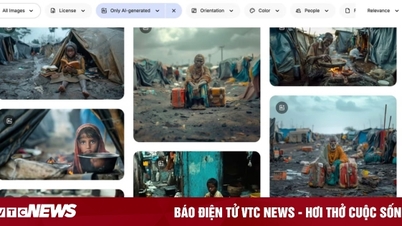




































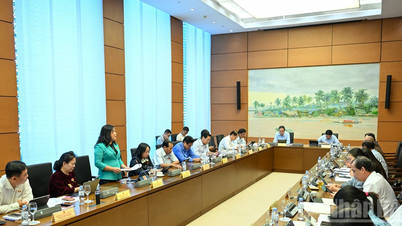
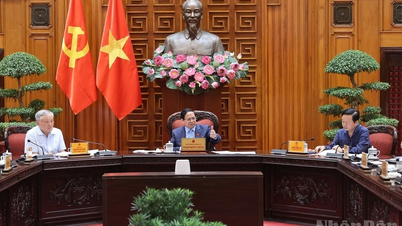
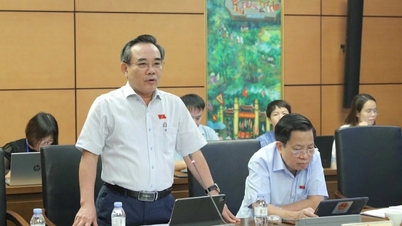
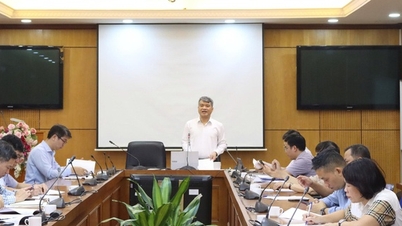
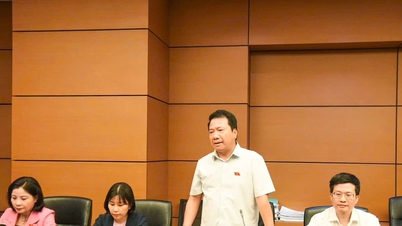

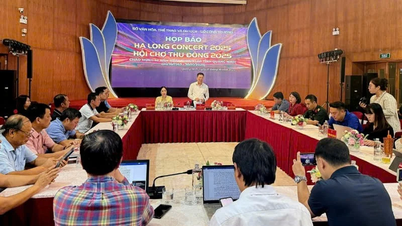


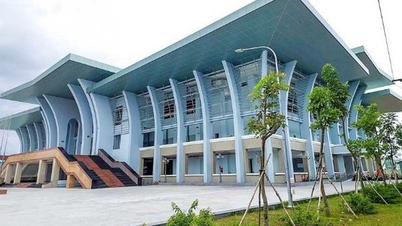


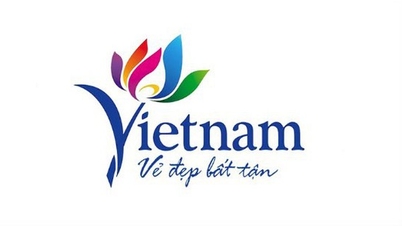
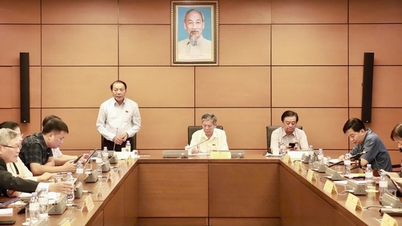
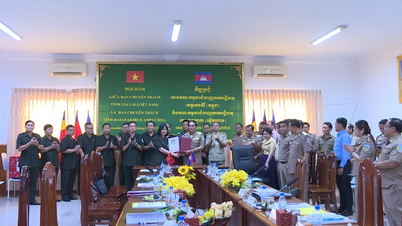



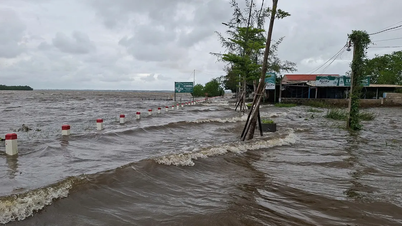

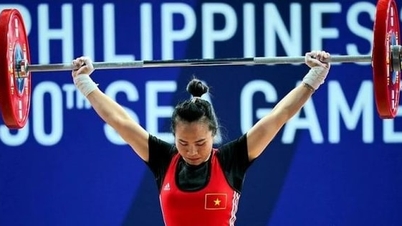

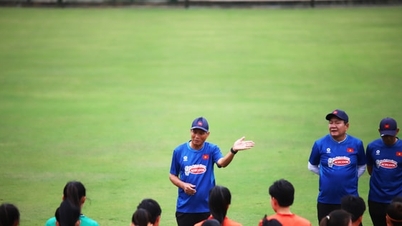















Comment (0)